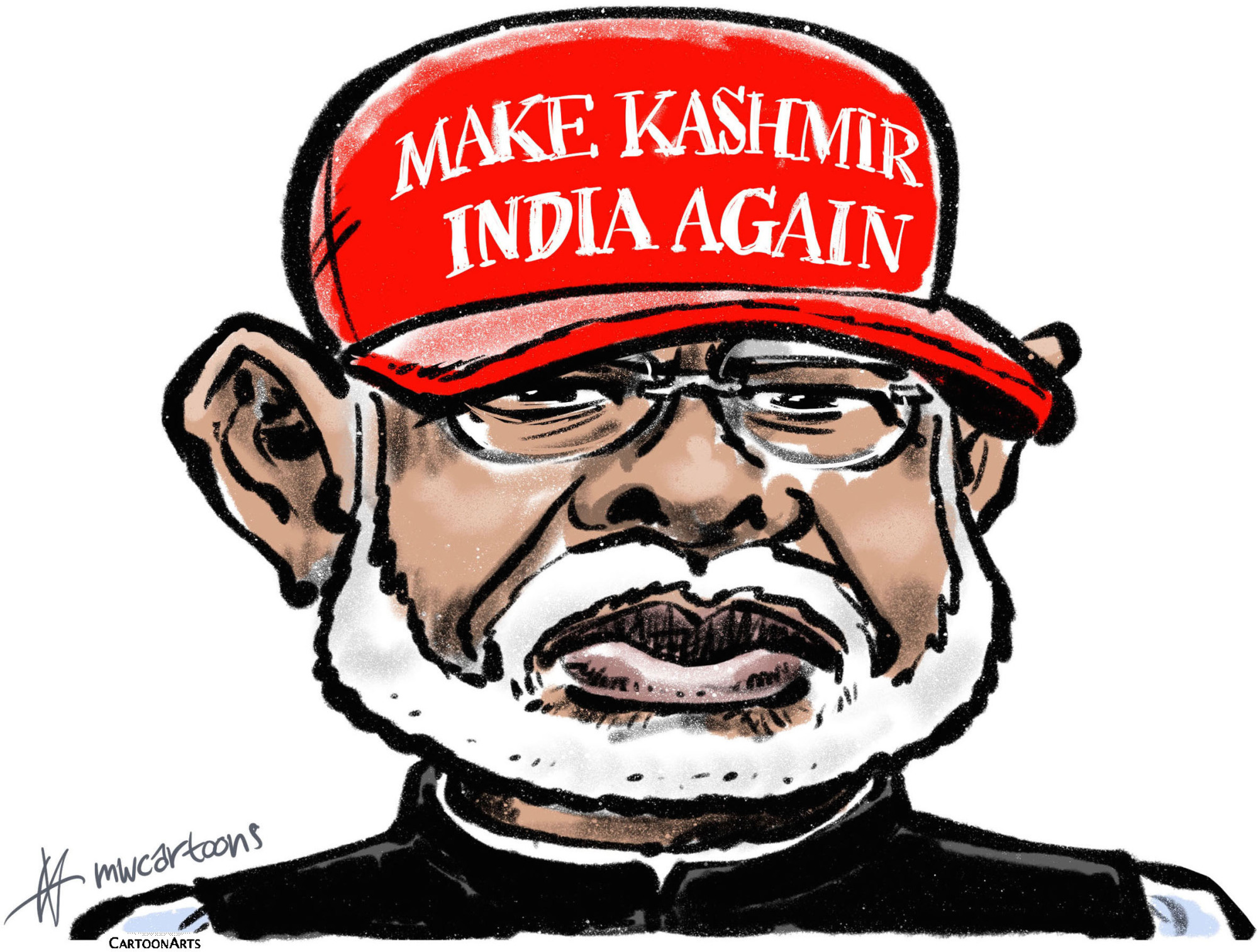Indian Prime Minister Narendra Modi's government has decided to strip Kashmir of its special status — which granted considerable autonomy to the disputed Muslim-majority territory — and split it into two union territories (a status below that of states) that India will govern more directly. Kashmir's special status, granted under Article 370 of India's constitution, was essential to facilitate its accession to newly independent India over seven decades ago. In transforming its relationship with the territory, which Pakistan also claims, the Indian government has jeopardized regional peace and stability.
The Modi government is well aware that the move will not be well received in Kashmir and Pakistan. In the days preceding the announcement, it deployed thousands more troops to the territory. After the announcement, it imposed a curfew on residents; evacuated tourists and pilgrims; placed prominent local politicians (who immediately denounced the move) under house arrest; and imposed media and telecoms blackouts.
But, as members of most Indian opposition parties recognize, the Modi government's capacity to quell resistance in Kashmir, which has endured decades of violence, is limited. Ominously, Pakistan has already rejected the move "unequivocally," calling it illegal, and pledged to "exercise all possible options" to counter it. This raises the specter of another military clash between the two nuclear-armed neighbors.


















With your current subscription plan you can comment on stories. However, before writing your first comment, please create a display name in the Profile section of your subscriber account page.